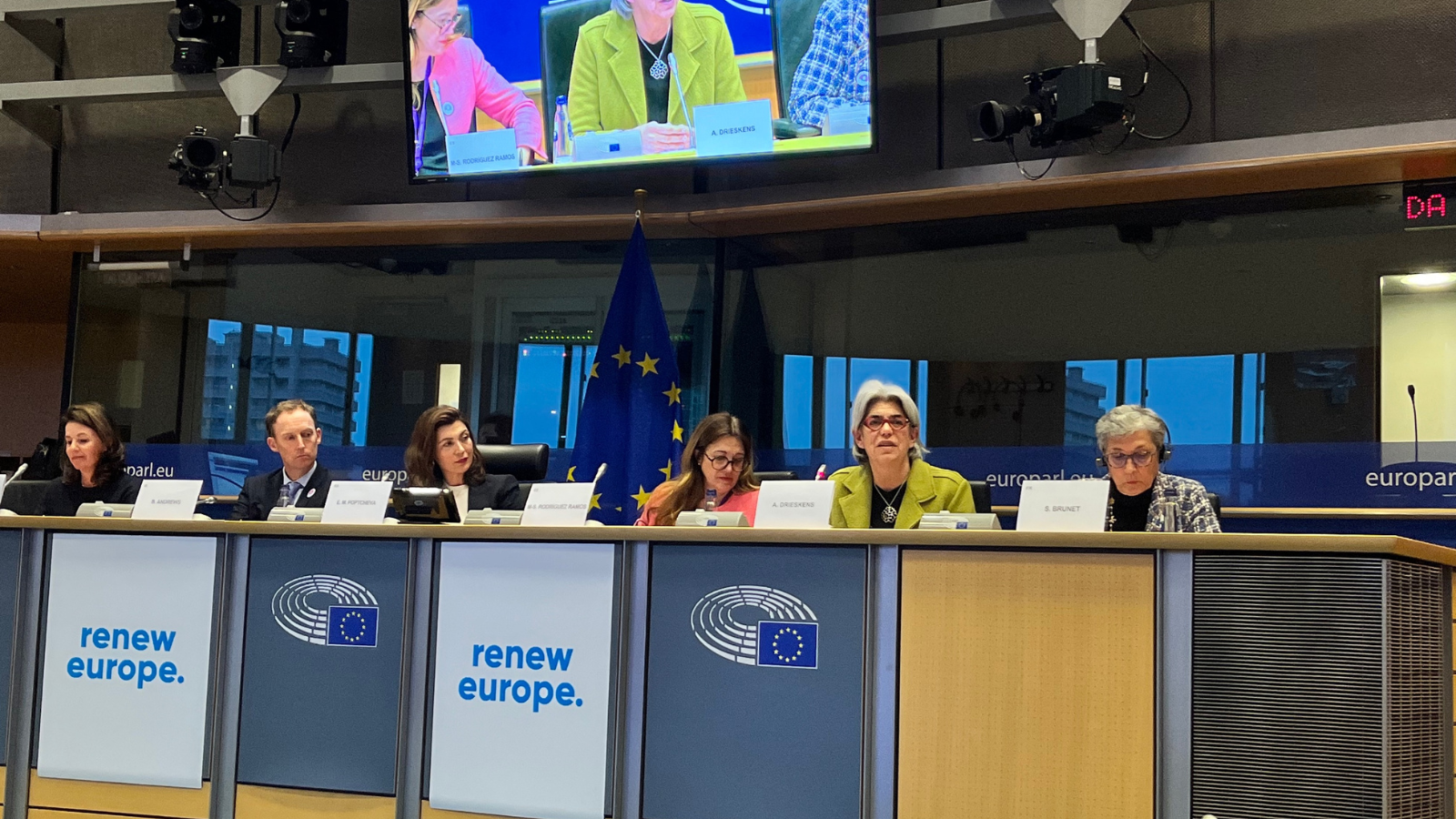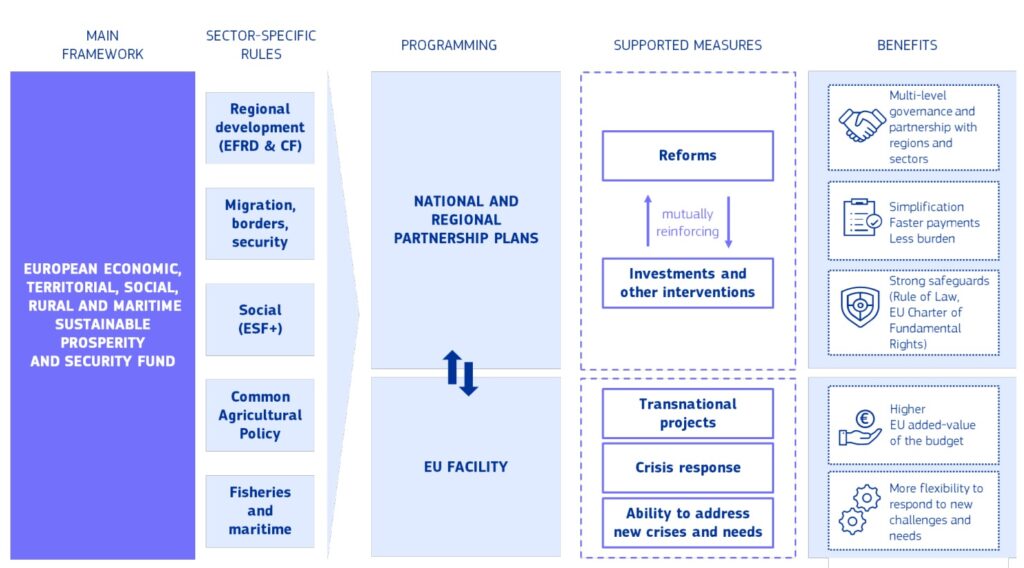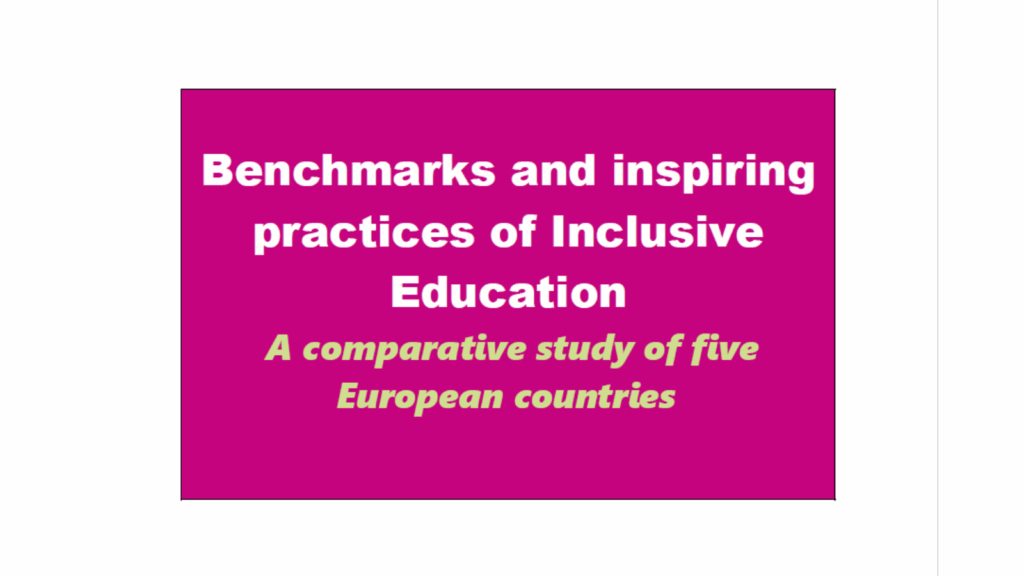COFACE and its members in Europe work to address the needs of all families and boost gender equality. Our president Annemie Drieskens delivered the following speech at the European Parliament during the “Empowering Women Now” event organised by Renew Europe.
Gender equality and equal opportunities are core values of COFACE: constant in our advocacy, not just regarding specific family and gender equality policies but mainstreamed in all policies, across our work areas.
Today, women have gained an important place in the labour market but reconciling work and care for children or dependent adults is still a daily challenge for most women. This has a huge impact on their participation in the labour market, contributing to women’s high degree of part-time work and to the gender gaps in employment, pay and pension.
We want to empower women at work and in the family by closing the gender care gap as a condition to close the gender pay and pension gap. To do so we work in three key areas:
- COFACE advocates, together with a wider alliance and the Femm and EMPL committee for well-paid family leaves and other Work-Life Balance
Legislation is key to achieve this first point. We welcomed the Work-Life Balance Directive that includes new social rights and allows workers to find a better balance in their life without having to choose between work and family. We have recently published our transposition assessment of the EU Work-Life Balance Directive in 10 Member States (BE, DE, ES, FI, FR, HU, HR, IT, LT, PL).
Our report shows a mixed picture: from non-transposition to minimum standards and ambitious reforms. We are not there yet!
The transposition of this directive, an ongoing process still in many countries, has a paramount importance in relation to gender equality since it provides paternity leave and two non-transferable months of parental leave for fathers to ensure that they use their right and can invest time in family and care for their children. In this way, it aims to close the gender care gap and ensure women’s equal representation at workplaces.
- The recognition of unpaid care work is a key area
Caring responsibilities are by far the main reason for women to be outside the labour force.
Recent figures of Eurostat show that in 2021, 30.2 % of women outside the labour force reported caring responsibilities as main reason. In contrast, only 8.5 % of men outside the labour force reported this as main reason.[1]
With our European Charter for family carers, we call on EU members States to recognize family carers as partners and to provide appropriate support to them, such as training opportunities, while also securing access to social rights, respite care and mental health services.
We stand ready to support national governments in the development of care services for all families and ensure that family care is a choice and not a necessity.
In this context, we welcome the European Care Strategy and the adoption of the two Council recommendations, ECEC (Early Childhood Education and Care) and LTC (Long Term Care). They pave the way for an inclusive and community-based care system from birth to old age.
COFACE especially welcomes the recognition of the central role of family carers and the consideration of their reality and their needs in the LTC recommendation. As women make up for most informal workers, it is good to see that gender equality is central to the care strategy.
For COFACE, the WLB and Care strategy are two important normative and policy responses to address gender inequality, but we need also to spark a societal change and break down gender stereotypes at the household level and better share the care in the family.
Gender equality should start at home. With our campaign “Family is teamwork” we want to launch a dialogue in the family. We developed a Bingo Game to encourage fathers, mothers and children to assess and to redefine their role in their family team. I invite you all to play the Bingo and to get the conversation on and change the narrative around stereotypical family roles.
With all this we want to empower women and we are slowly moving in the right direction to close the gender care gap.
- The impact of Covid
Different EU and international reports have stated that during the pandemic the gender care gap was on the increase, with women taking up a disproportionate share of additional household and caring tasks and experiencing labour market penalties and stress.
The recession shadowing the Covid pandemic has therefore been frequently characterised as a “shecession” or more accurately a “mumcession”.
But on the other hand, we could agree that the COVID-19 crisis has created momentum to give political attention to care. The spotlight was on the shortcomings of our care system, including the way it mistreats and disregards the needs of the carers in the formal, informal economy and the family carers, they are in the great majority women and this gender gap has a cost for all.
Europe and National Governments are starting to wake up on the importance of the care sector and the contribution that women and informal carers give every year to the economy, shedding a new light for them on the question of financing care, from how can we afford it to how can we afford not to do it?
More actions are needed in 2024
COFACE reckons that if we want gender equality, specifically to reach the gender employment target as set out in the EPSR (European Pillar of Social Rights) we need transformative and gender responsive reforms.
Member states not only need to fully transpose the WLB Directive, but they need to go beyond its standards focusing on both mothers and fathers.
The Care strategy must be fully implemented in Europe. It’s time to recognize carers, relief carers by investing in services and redistribute care between men and women.
In general, it is important to boost the European Social agenda and ensure the EPSR is strengthened during the next Commission through new commitments.
[1] https://ec.europa.eu/eurostat/statistics-explained/index.php?title=SDG_5_-_Gender_equality#Gender_equality_in_the_EU:_overview_and_key_trends





